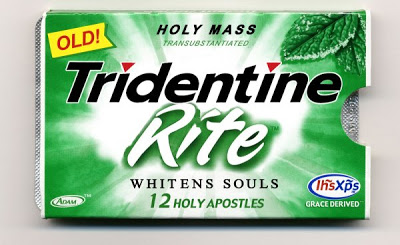L
Legal_Eagle
Guest
I am by no means a “Traditional Catholic” as I understand that term to be used here. Nor do I wish to join or explore the Traditional movement. I am not trying to pick a fight here, and I don’t mean any disrespect. I would simply like to ask a question of someone who is involved in the movement. My question (without further delay) is this: Why? The rite, as I understand it, dates from Trent, not from the Apostles. As far as we know, Jesus did not celebrate the Last Supper in Latin, and he certianly didn’t celebrate it the way the Traditional Masses are celebrated today. The Apostles, if I am not mistaken, celebrated Mass in the vernacular. Also, if we believe that the Church posesses authentic Apostolic teaching authority then why doesn’t that authority apply to the teachings of Vatican II. And if you reject that authority as expressed by Vatican II are you not just doing what Martin Luther and the Reformers did? Thank you, in advance for your answers. I sincerely don’t mean any disrespect, and I hope that no offense is taken to my question.

